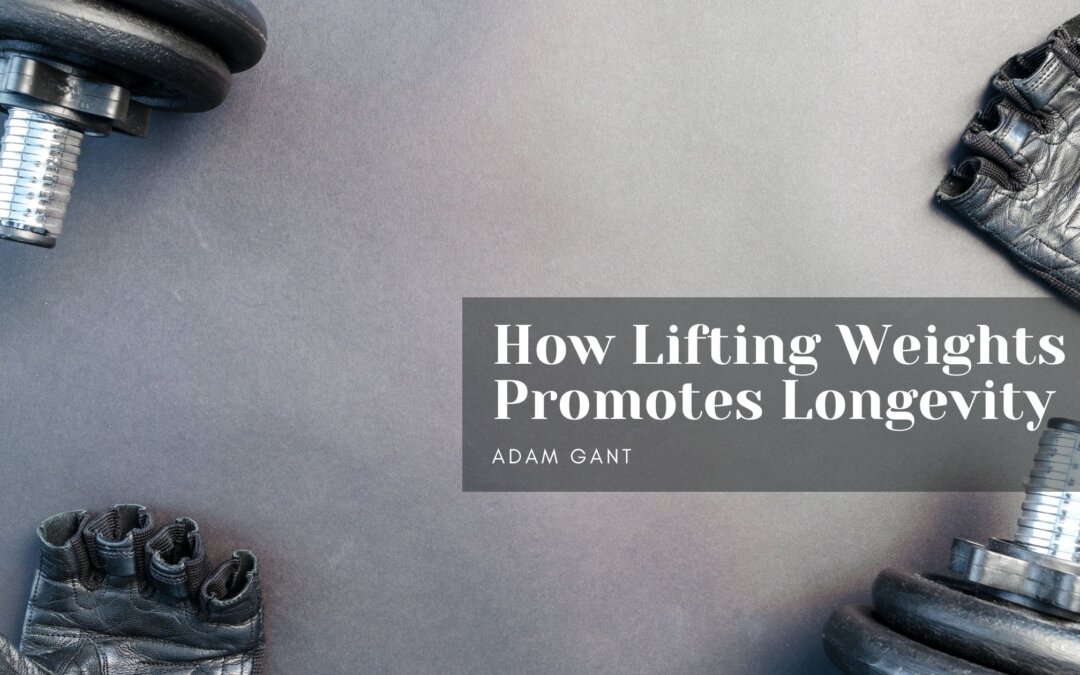In our quest for longevity and optimal health, exercise is one of the most influential factors. While most people appreciate cardiovascular activities’ benefits, resistance training’s power, especially lifting weights, remains underappreciated. Lifting weights doesn’t merely sculpt muscles; it has profound potential to promote health and well-being and extend our lifespan.
Historically, human survival depended on physical strength. Our ancestors hunted, gathered, and built shelter, relying heavily on their muscular prowess. In today’s sedentary world, desk jobs have primarily replaced manual labor, reducing our regular muscle engagement. However, our biology still craves athletic activity. Ignoring this biological imperative, we’ve seen a rise in lifestyle-related diseases. Reintroducing weightlifting can be a strategic move to align with our evolutionary needs and ensure longevity.
Muscular Health and Bone Density
One of the most direct benefits of lifting weights is enhancing muscle mass and strength. As we age, sarcopenia – the decline of skeletal muscle tissue – becomes a concerning factor, leading to frailty and associated complications. Regular resistance training acts as a countermeasure, preserving muscle mass and strength.
In tandem with muscular health, bone density is crucial for longevity. Osteoporosis, a condition marked by brittle bones, becomes a significant risk as we age, especially in post-menopausal women. Lifting weights exerts stress on bones, stimulating them to increase in density. This adaptive response fortifies the bones and reduces the risk of fractures, a common and often debilitating issue in older adults.
Metabolic and Hormonal Benefits
Lifting weights brings profound metabolic advantages. Resistance training increases metabolic rate, helping in burning more calories even at rest, thus aiding weight management and reducing obesity-related health risks.
Furthermore, weightlifting has a beneficial effect on insulin sensitivity, helping in glucose metabolism and reducing the risk of type 2 diabetes. When muscles are engaged intensely, they utilize glucose more efficiently, thereby regulating blood sugar levels.
Hormonally, resistance training boosts the production of various vital hormones. Testosterone and growth hormone, both essential for muscle growth, repair, and overall vitality, see a significant upsurge post-weightlifting. This hormonal balance can counteract age-related hormonal declines, promoting youthful vigor and vitality.
Mental Health and Cognitive Function
The benefits of lifting weights aren’t restricted to the physical realm; the mind reaps rewards, too. Resistance training reduces symptoms associated with depression and anxiety. Lifting weights releases endorphins, neurotransmitters that act as natural painkillers and mood elevators.
Moreover, maintaining a regular weightlifting routine instills discipline, boosts self-esteem, and enhances body image perception, collectively promoting mental well-being.
Recent research has also hinted at resistance training’s potential to safeguard cognitive function. Engaging the muscles might stimulate the release of brain-derived neurotrophic factor, a protein responsible for the health of nerve cells, suggesting that weightlifting could be protective against neurodegenerative diseases.
Lifting weights is not just about aesthetics or athletic performance; it’s a comprehensive investment in health and longevity. By maintaining muscle mass, ensuring robust bone density, optimizing metabolism, balancing hormones, and even safeguarding mental health and cognitive function, resistance training emerges as a keystone habit for those aspiring for a long, fruitful life. Embracing the discipline of lifting weights can be one’s ally in the journey of aging gracefully, robustly, and actively. As we consider various interventions for longevity, the simplicity and profound benefits of picking up weights should not be overlooked.

